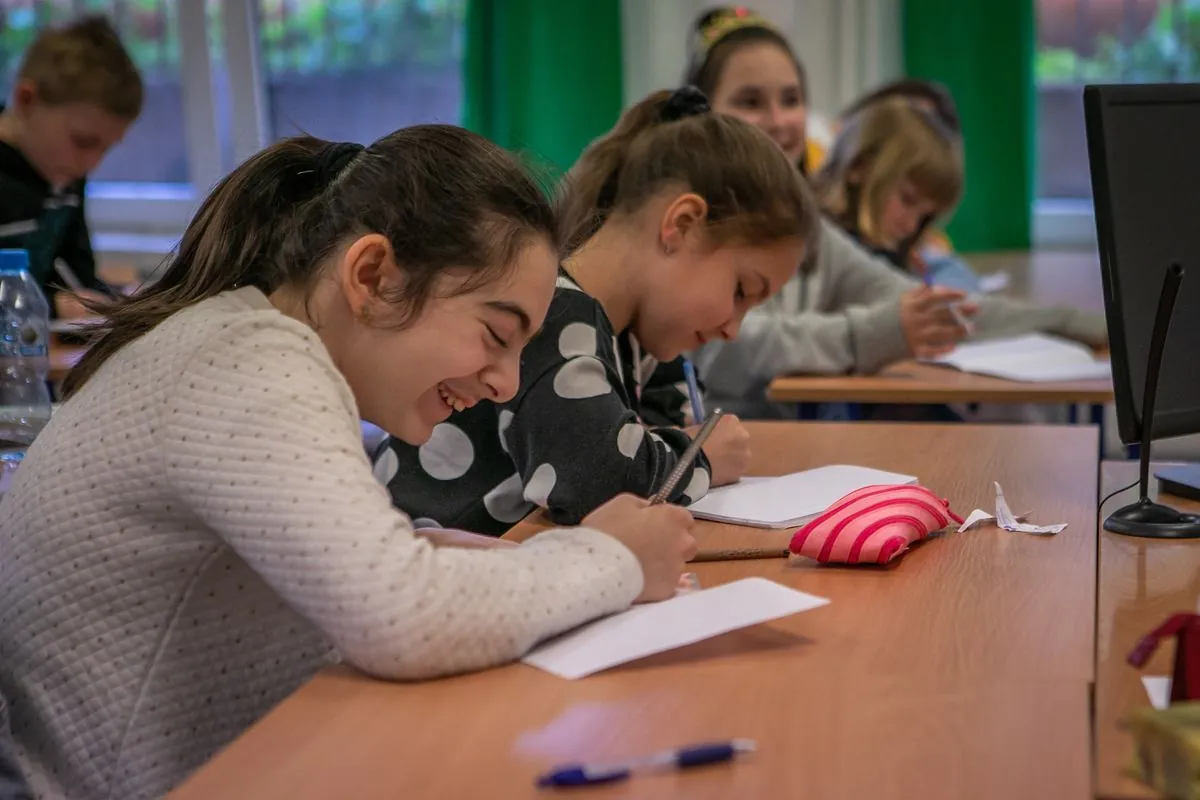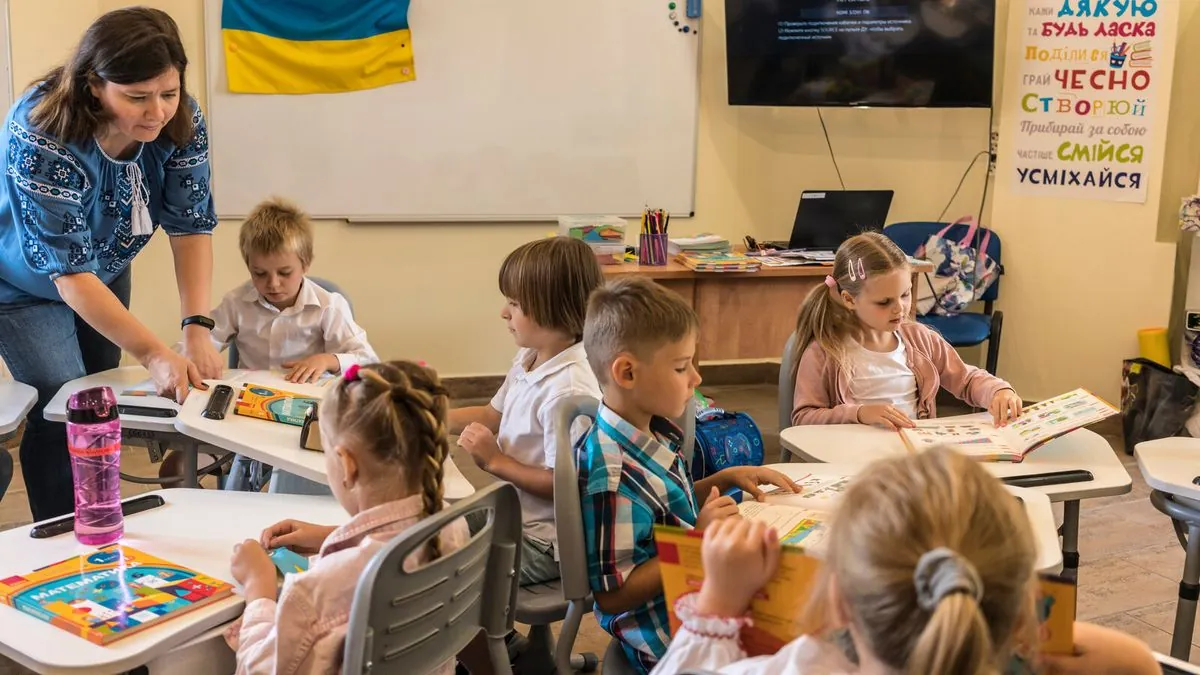Poland Mandates School Attendance for Ukrainian Refugee Children
Poland introduces a new law requiring Ukrainian refugee children to attend Polish schools, aiming to integrate them into the education system. The move affects thousands of students and presents both opportunities and challenges.

In a significant policy shift, Poland has implemented a new law mandating school attendance for Ukrainian refugee children. This decision, affecting thousands of young learners, marks a crucial step in integrating these displaced students into the Polish education system.
The impact of this change is exemplified by the story of Sava Trypolsky, a 7-year-old Ukrainian boy eagerly preparing for his first day of school in Poland. Sava, who fled his home in Cherkasy, Ukraine, following Russia's invasion on February 24, 2022, represents the many young refugees whose education has been disrupted by the ongoing conflict.

Poland, with its population of approximately 38 million, has become home to over 957,000 Ukrainian refugees as of June 2023, according to UNHCR estimates. The country's education system now faces the challenge of accommodating these students while addressing potential language barriers and cultural differences.
The new law aims to address concerns raised by organizations like UNICEF and UNHCR about the large number of Ukrainian children in Poland not attending schools in person. It's estimated that around 150,000 children were not participating in formal education prior to this mandate.
"Since we do not know how many Ukrainian families will want to stay with us for longer, and perhaps forever, we are very keen for these children to be educated like their Polish peers."
This policy change aligns Poland with other European countries hosting large Ukrainian populations, such as Germany and Italy, which have required school attendance from the outset of the refugee crisis.
The integration of Ukrainian students presents both opportunities and challenges for the Polish education system. Schools are preparing to welcome new students, like the 60 Ukrainian children joining a high school of 750 students in Warsaw. However, concerns about teacher shortages and language barriers persist.
For younger children like Sava, the transition may be easier as they tend to learn Polish quickly. Older students, particularly those in their final year of high school, face more significant challenges and are exempt from the new requirement.
The Polish government is enforcing this law by tying school attendance to a monthly child benefit of 800 zloty (approximately $200) per child under 18. This approach aims to ensure that Ukrainian children receive a consistent education while in Poland.
As Poland continues to support its Ukrainian neighbors, the country draws on its own rich history of resilience and educational tradition. With universities dating back to the 14th century and a strong emphasis on education, Poland is well-positioned to provide valuable learning opportunities for these young refugees.
The success of this initiative will depend on the collaborative efforts of educators, policymakers, and the communities welcoming these students. As the 2024-2025 school year progresses, the impact of this policy on both Ukrainian refugees and the Polish education system will become clearer, potentially setting a precedent for refugee education policies across Europe.


































